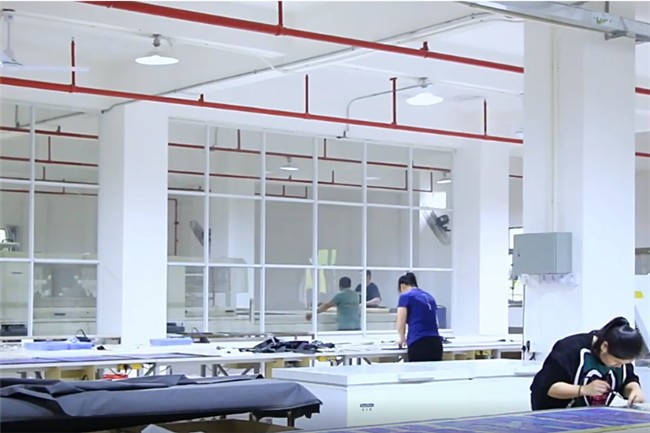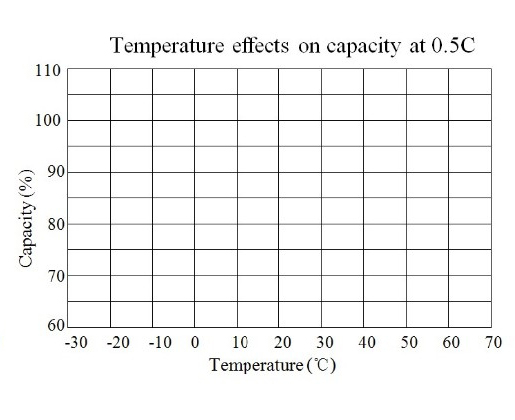Whether you're living that mobile, off-grid lifestyle or just want power for the occasional camping trip, solar panels on your RV can keep you powered up and comfortable.
Interested in outfitting your camper with solar panels? Start here. Suitcase Generator

In recent years, more people seem to be living and working from the road than ever before, whether it's in a large RV, travel trailer or camper van. To maximize the freedom of such a lifestyle, having a reliable source of electricity is imperative, and few sources are better than the massive ball of fire that rises in the east each morning.
Adding a solar energy system to your home office on wheels has become markedly easier and cheaper, but there are still plenty of choices, questions and considerations that aren't always so straightforward. We've put together this quick guide with the help of a pair of seasoned pros to determine if solar is right for your ride.
RV solar panels work just like residential and commercial solar panels except on a smaller, more transportable scale. Once they're installed on your RV, motor home or camper, solar panels collect sunlight and convert it into usable electricity for your vehicle. In turn, you can use this electricity to power the appliances, lights and sockets in your RV.
Can solar panels save you money?
Interested in understanding the impact solar can have on your home? Enter some basic information below, and we’ll instantly provide a free estimate of your energy savings.
There are a number of reasons to add solar panels to an RV, travel trailer or camper. The most obvious is that traveling around often means spending the night in places where there's no easy access to the electrical grid. The most adventurous among us today manage to live and work full time from the road, making solar all but a requirement.
"We knew we wanted to go solar to save money, be off grid and live the lifestyle we wanted and live more sustainably," Shari Galiardi told CNET via Zoom from an off-grid campground in British Columbia.
Galiardi and her partner, Dave Hutchison, have lived and worked full-time from a restored 1957 camper trailer since 2012 with the help of a 300-watt solar system. They told me that while the lifestyle is certainly different from that of the average person, they don't feel as though they're sacrificing very much.
The couple rarely camp places that have power hook-ups, preferring to be off-grid. Hutchison estimated that once in a year they'll plug into an electric outlet at a campsite.
"Usually, that's because it's all that's available," he said.
It is possible to mount regular rectangular rooftop solar panels on an RV, trailer or van. This author has done so twice. However, it isn't the most aerodynamic arrangement.
Galiardi and Hutchison use flexible, lightweight panels that can contour to a vehicle's roof and also add less weight to the top of a trailer. There are a number of products that can work with RVs, including portable panels that can be set up on the ground at your destination.
Read more: Best Portable Power Stations for 2023
Unlike residential and commercial solar systems, which are designed to power an entire home or business, RV solar systems typically deliver a more modest output. This usually isn't an issue, since you don't use as many lights and appliances in your RV as you would in a brick-and-mortar property.
So how many solar panels will you need for an RV? It depends on a few factors, including your energy consumption habits, the efficiency of the panels and the amount of sunshine your home receives each day.
The energy demand of a camper van like this is likely to be met with fewer solar panels than a typical home.
Determining the ideal size and wattage of a mobile solar system works the same way it does in a stationary residential setting. Calculate how much power you'll need during peak usage scenarios and plan your panels accordingly.
If anything, it should be easier to figure out your requirements, since you'll likely have fewer appliances to consider in an RV. However, an important consideration is the unpredictability of the sunlight your RV will receive while traveling. Unlike a house, your RV's location and orientation will always be changing, so you may want to design your system with this in mind.
Initially, Galiardi and Hutchison had a friend with experience in the solar industry help them build a small, rudimentary solar system. After a few years, they upgraded their system and even earned a sponsorship deal with a solar panel company.
There are three main kinds of solar panels for RVs: monocrystalline, polycrystalline and amorphous.
In addition to solar panels, you'll need several other components to complete your RV solar system, including the following:
Portable solar panels present another option for RVers.
Because it can be difficult to keep batteries topped up solely by using solar, a backup source of power is also a good idea. Many travelers use some sort of gas or propane generator. Galiardi and Hutchison are equipped to charge up their lithium batteries using their truck while driving.
"Self heating batteries are fantastic if you're camping in any sort of colder climates," Galiardi says.
This is typically more of a need with lithium batteries, which can be more efficient, lower maintenance and longer-lasting than flooded lead-acid batteries, but are also more sensitive to cold.
Finally, a cord to plug into the grid to recharge when it's available is also a must for most.
There's little maintenance to worry about with solar panels. If you're traveling in very dusty or windy conditions, you may need to wipe off or clean your panels to ensure they're working at maximum efficiency.
Traveling may also add a bit more wear to a panel's connectors. Standard solar panel connections are quite weatherproof, but it's worth inspecting your system periodically for signs of deterioration, loose connections or rust.
It's not recommended to service these parts on your own without the guidance of an experienced electrician. Remember that a panel can be generating energy any time the sun is up, even when it's cloudy, so always treat any connections as live circuits.
The overall cost of your system will depend on factors including the type of panels you choose and how much electricity you need to generate. If you need lots of power, you'll need to buy more equipment, driving up the price.
Galiardi and Hutchison said their 300-watt system with batteries, inverter and other components cost about $3,000, while larger systems for bigger RVs can easily run more than twice as much.
The good news, according to Galiardi, is that incentives, including the 30% federal tax credit for home solar systems, can apply.
"It includes second homes. And RVs and boats and off-grid cabins are in that second home realm," Galiardi said.
It's difficult to argue with the benefits of solar energy, but RV solar panels might not be right for everyone. If you live in your RV and often take it off-grid (where there are no campground hookups), then solar can be a convenient and eco-friendly alternative to gas-powered generators.
Portable and flexible solar panels better suited to RVs may be more expensive than standard rooftop residential panels, but they're still remarkably cheap compared with past eras.
There's little reason not to boost your freedom by adding a solar system to your rig if you can afford it, though if you use your RV infrequently, it may not be worth the investment.
Hutchison noted that there might be no need for panels if you only ever park your RV at developed campgrounds with provided power.
However, he added it's worthwhile to consider a system with panels and batteries, even "if you plan to spend even one night off-grid between those sites."
Best Solar Products and Companies
Living Off the Grid Series
Updated July 30, 2023 5:00 a.m. PT
We thoroughly evaluate each company and product we review and ensure our stories meet our high editorial standards. Read how we test products and services.

Solar Panel Battery Charger Instantly estimate your solar cost and savings. Pick a provider later.